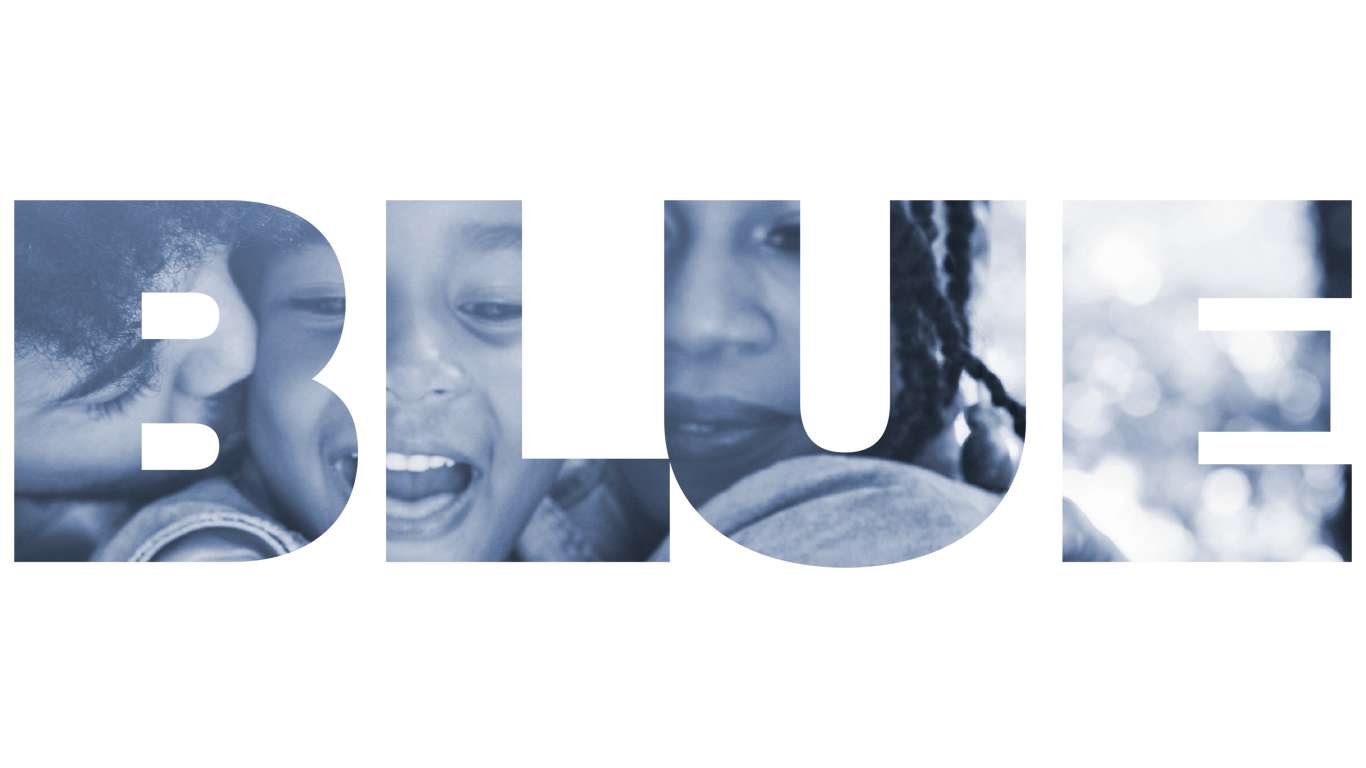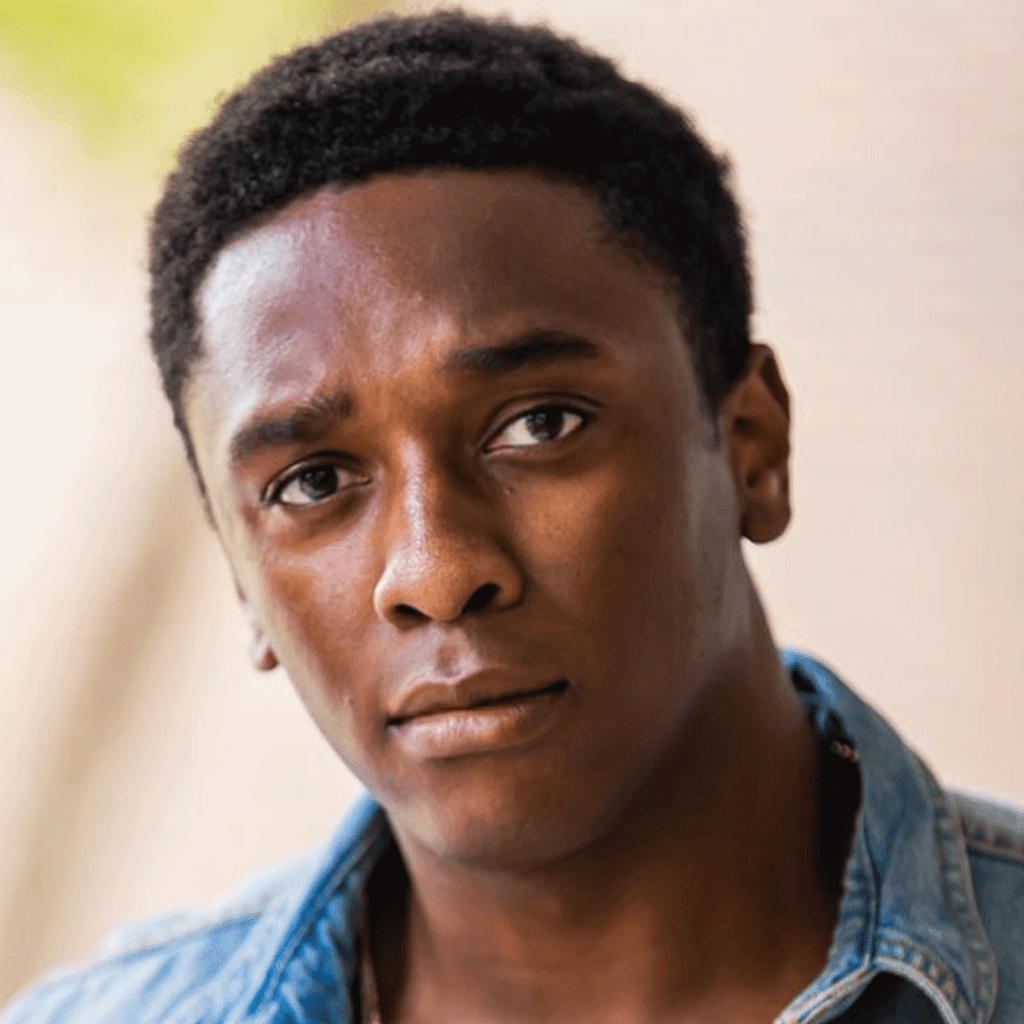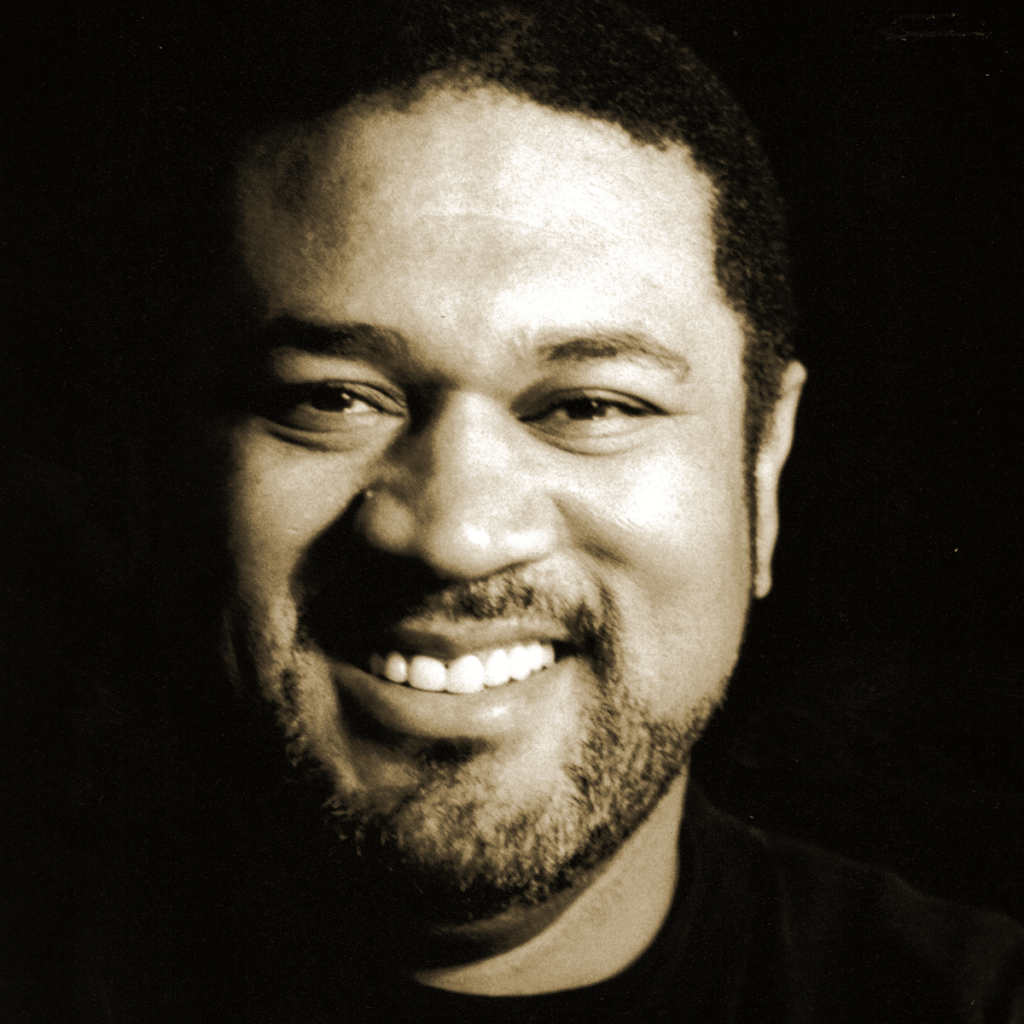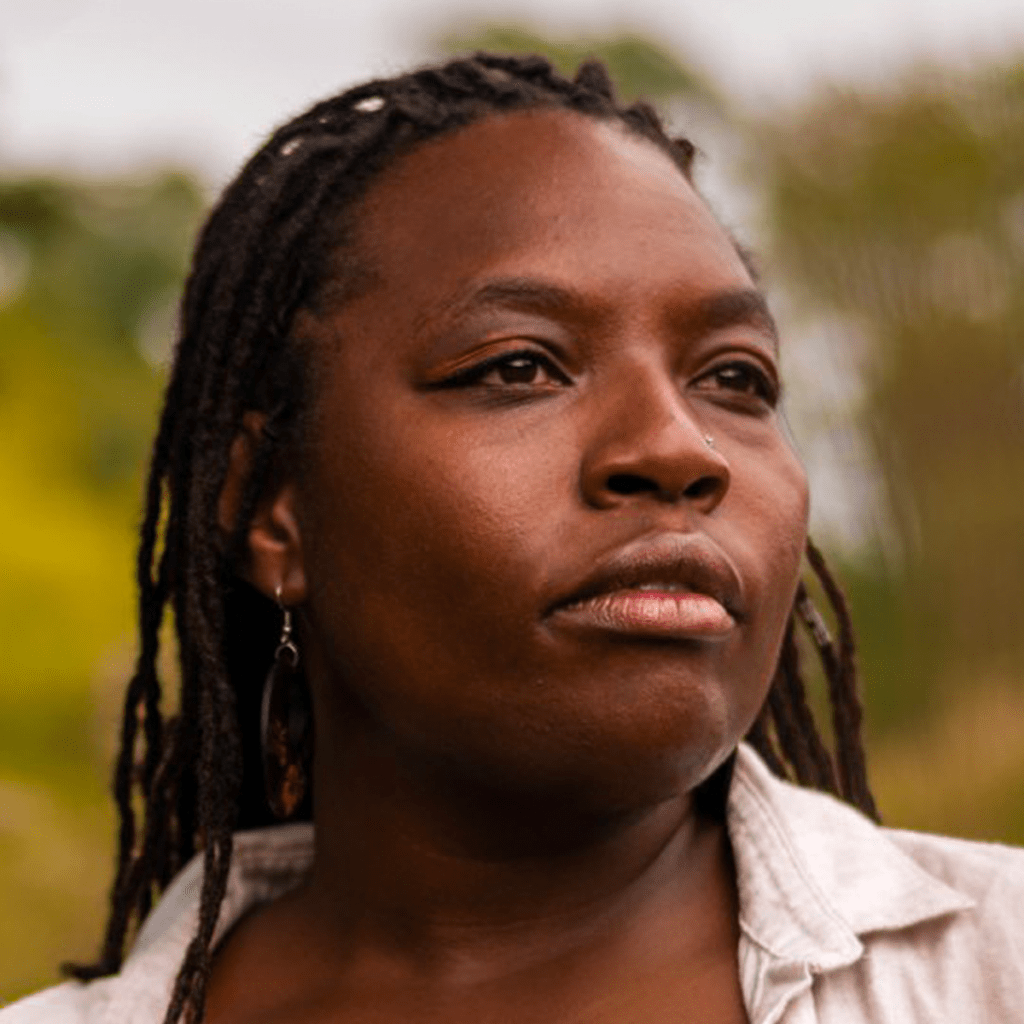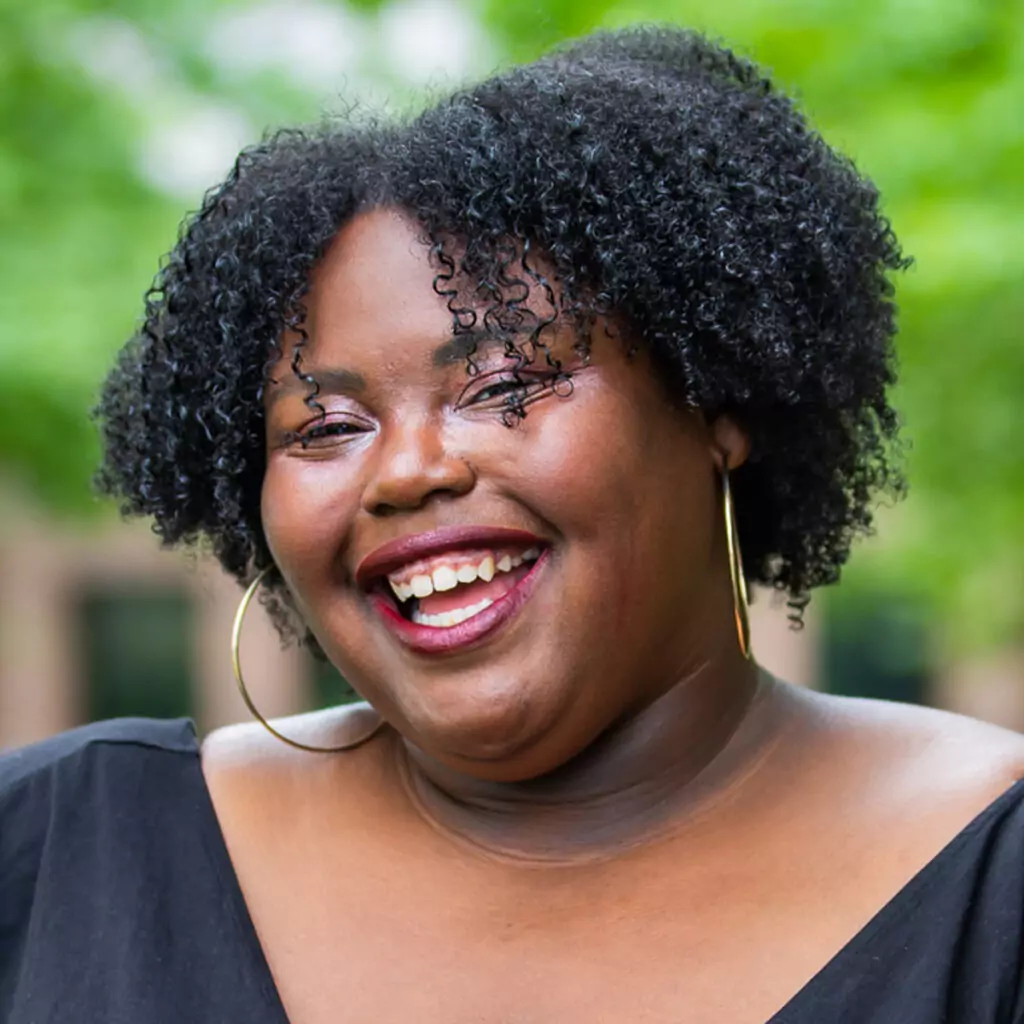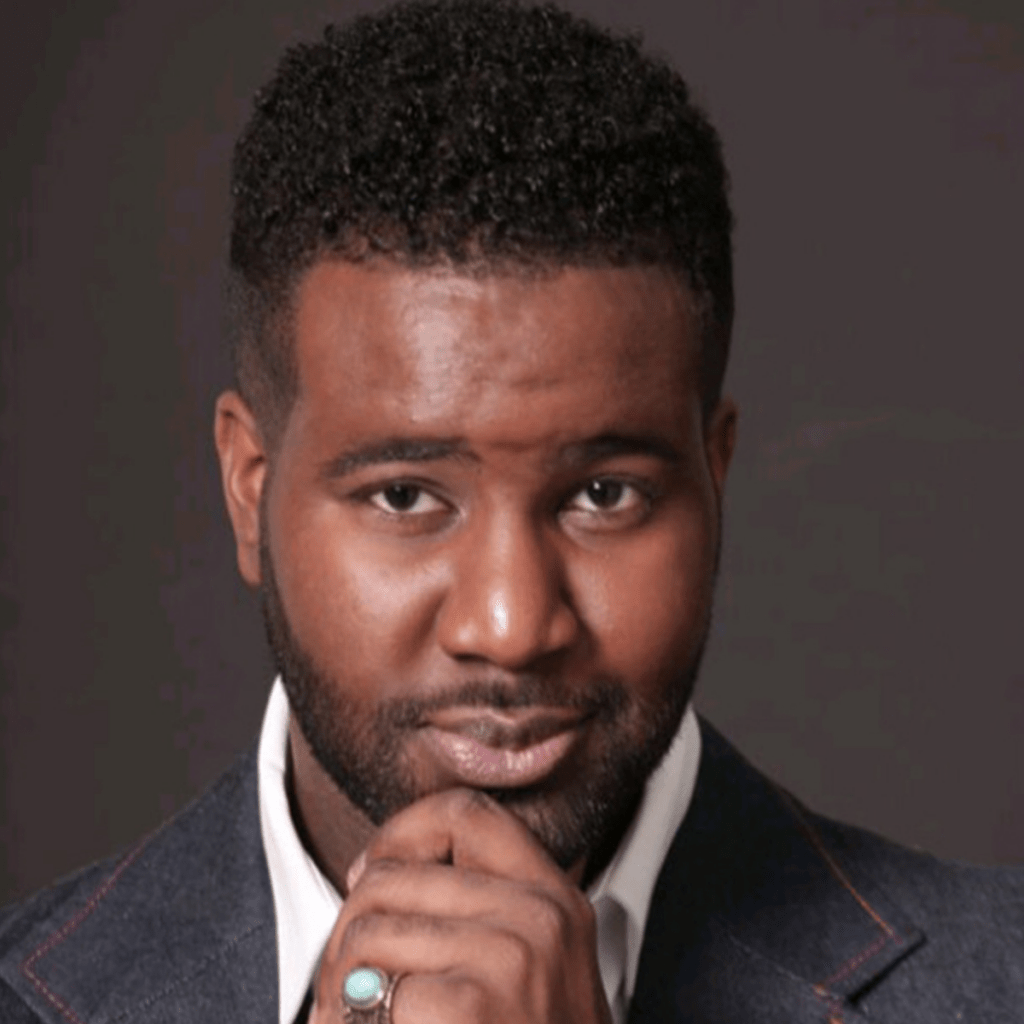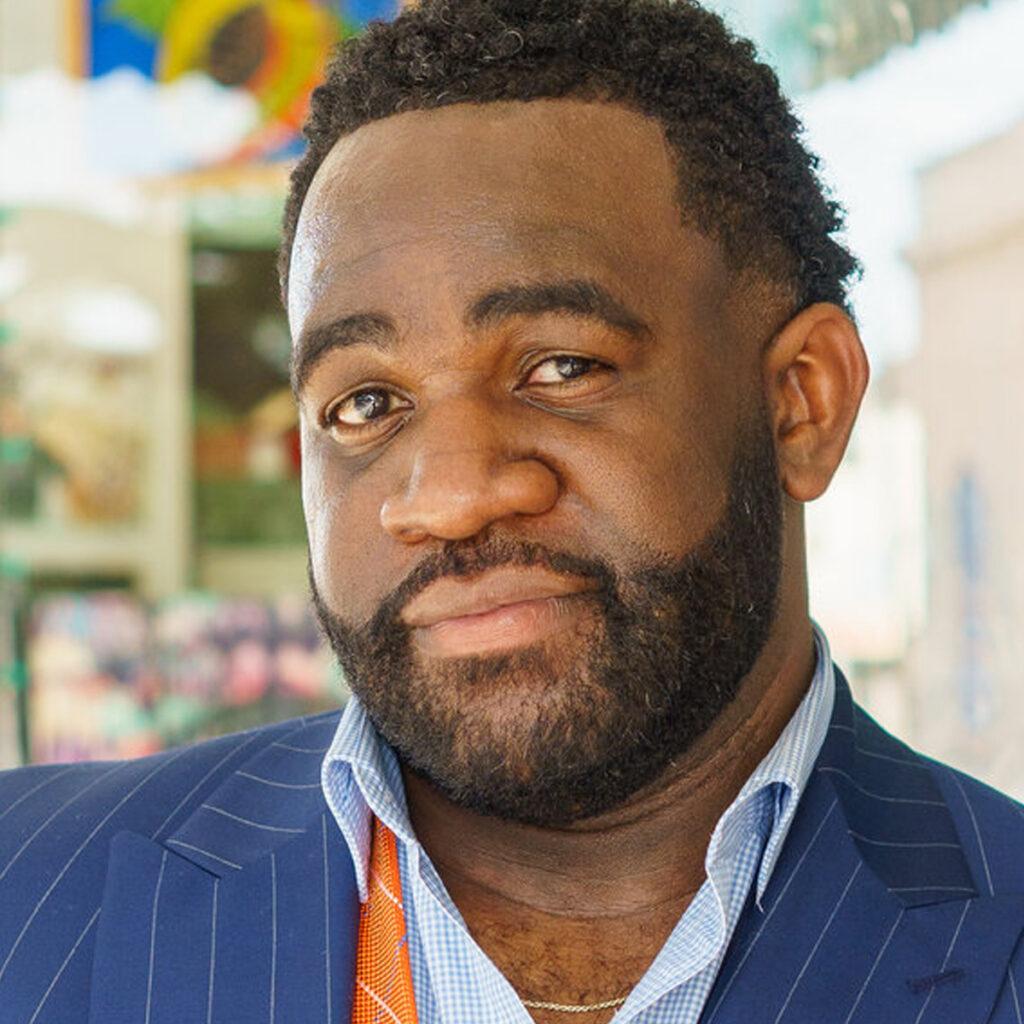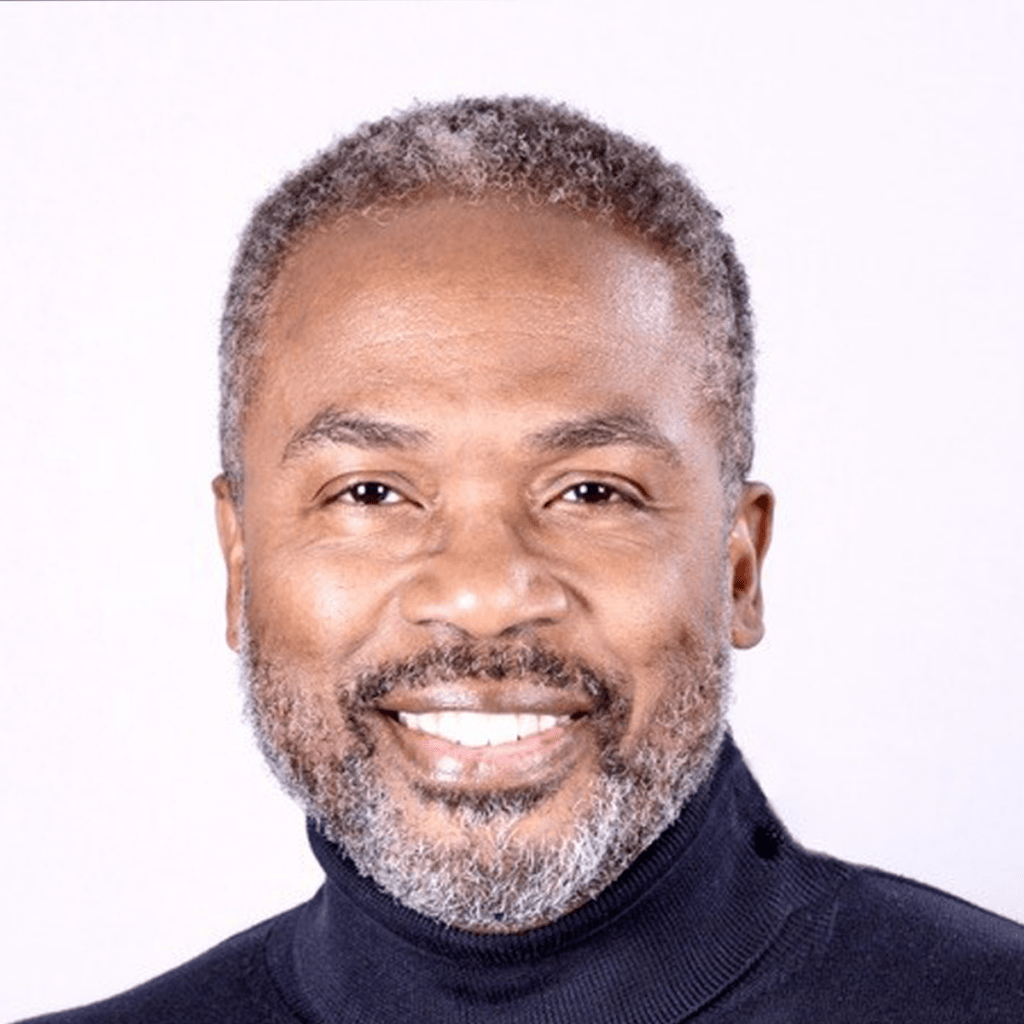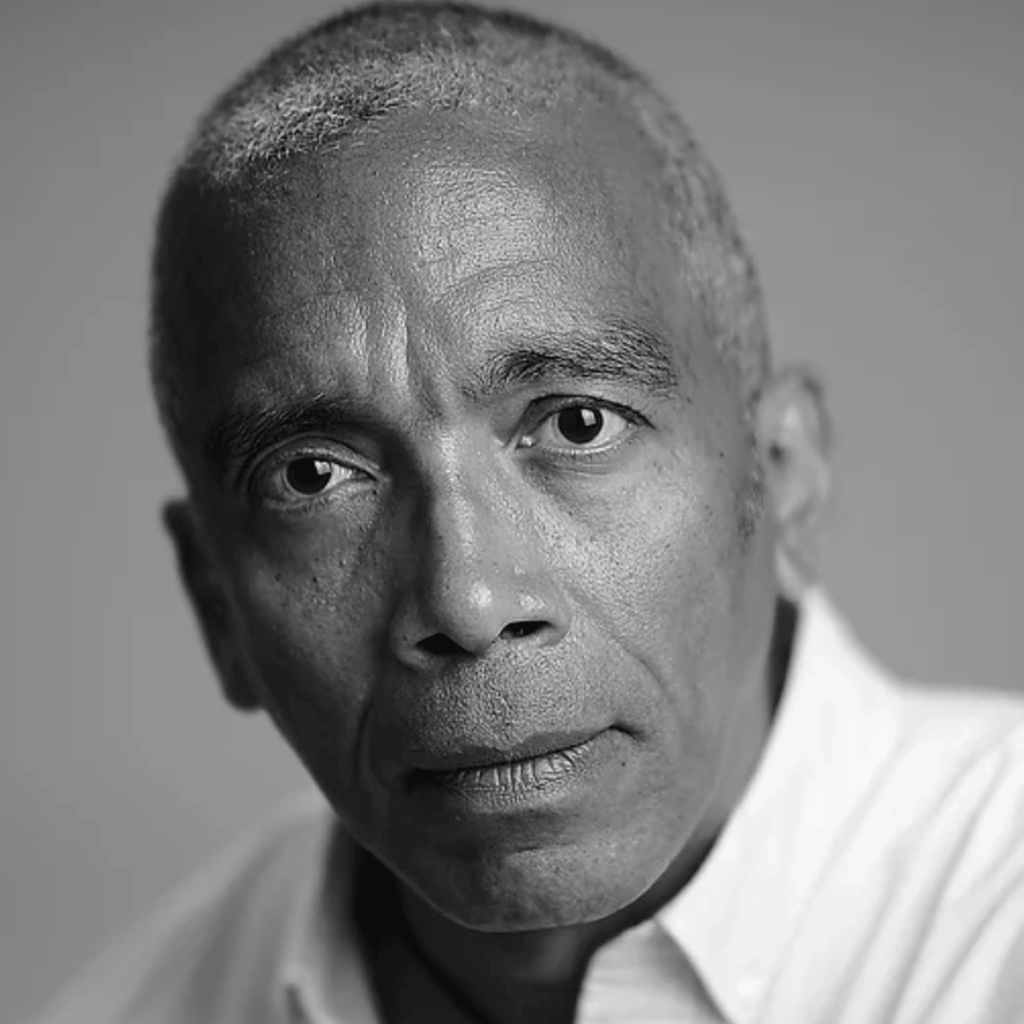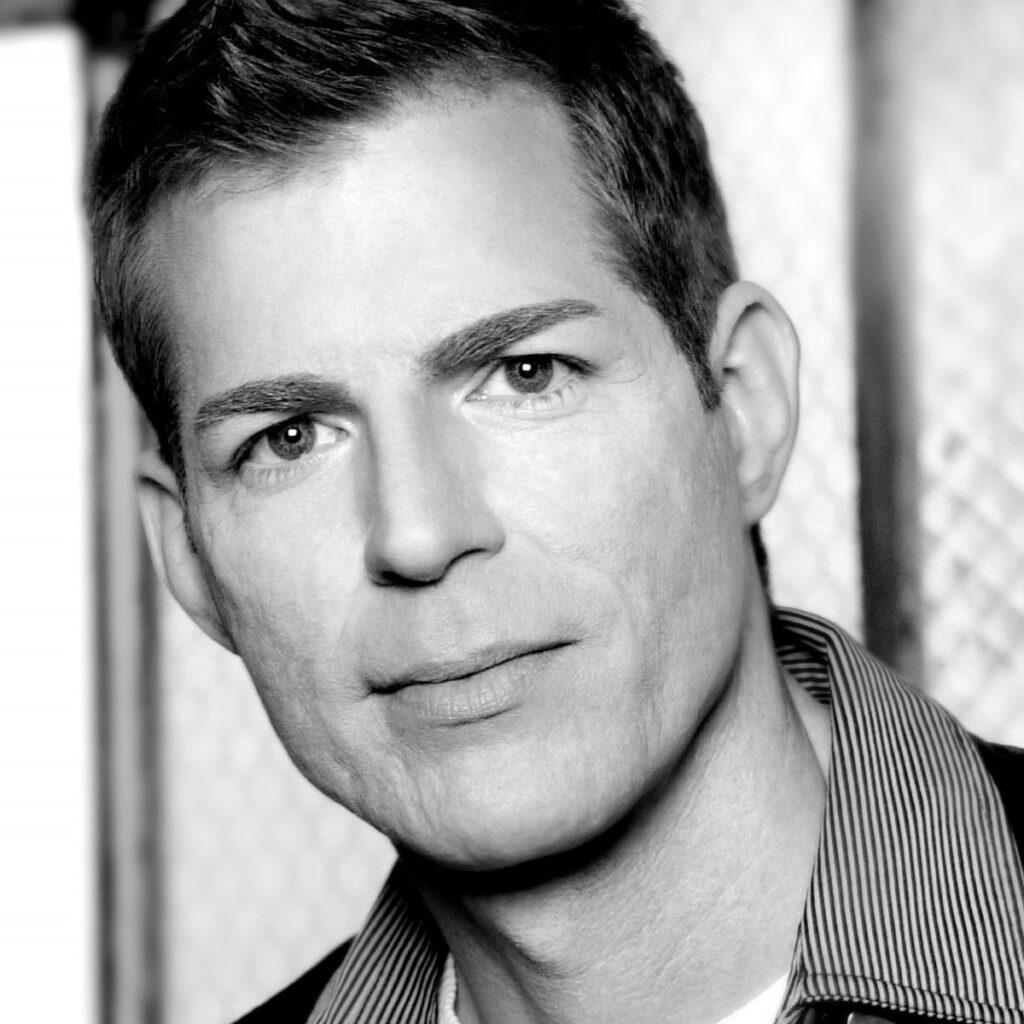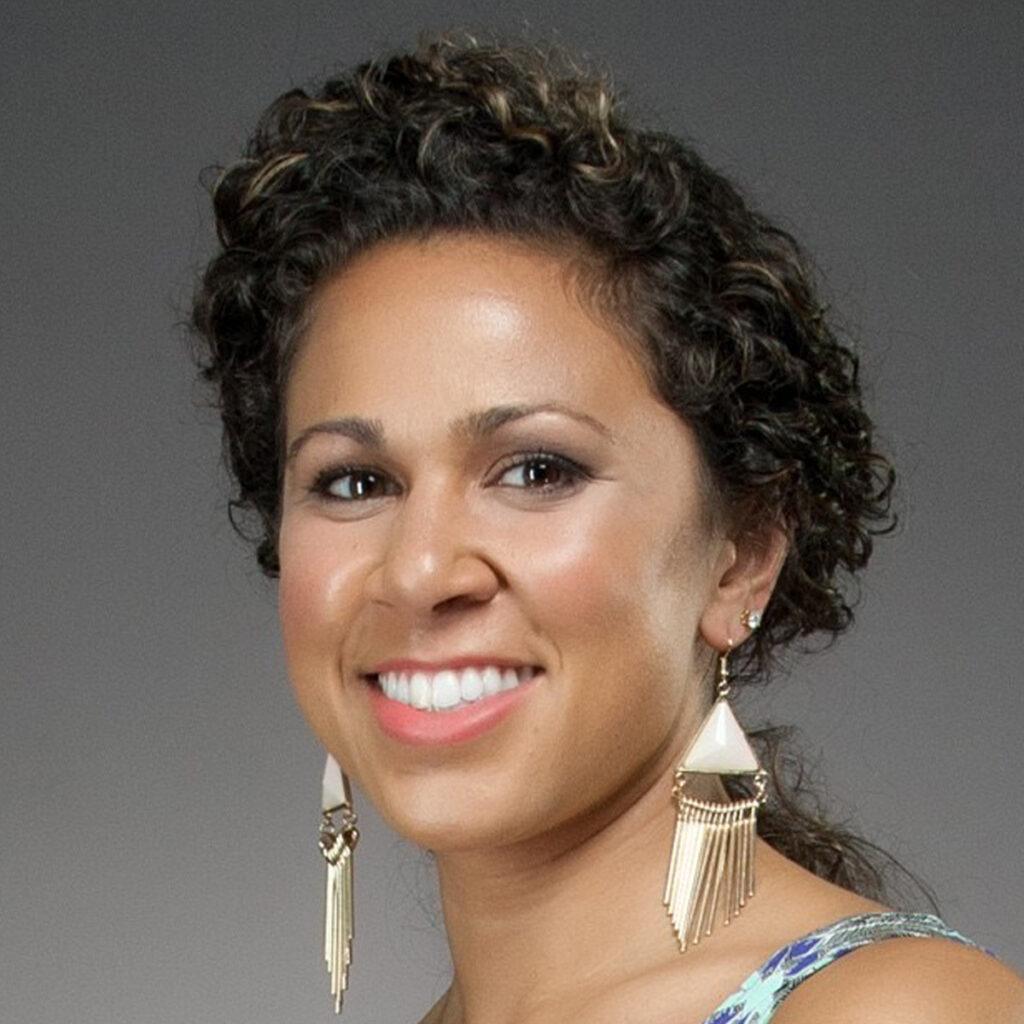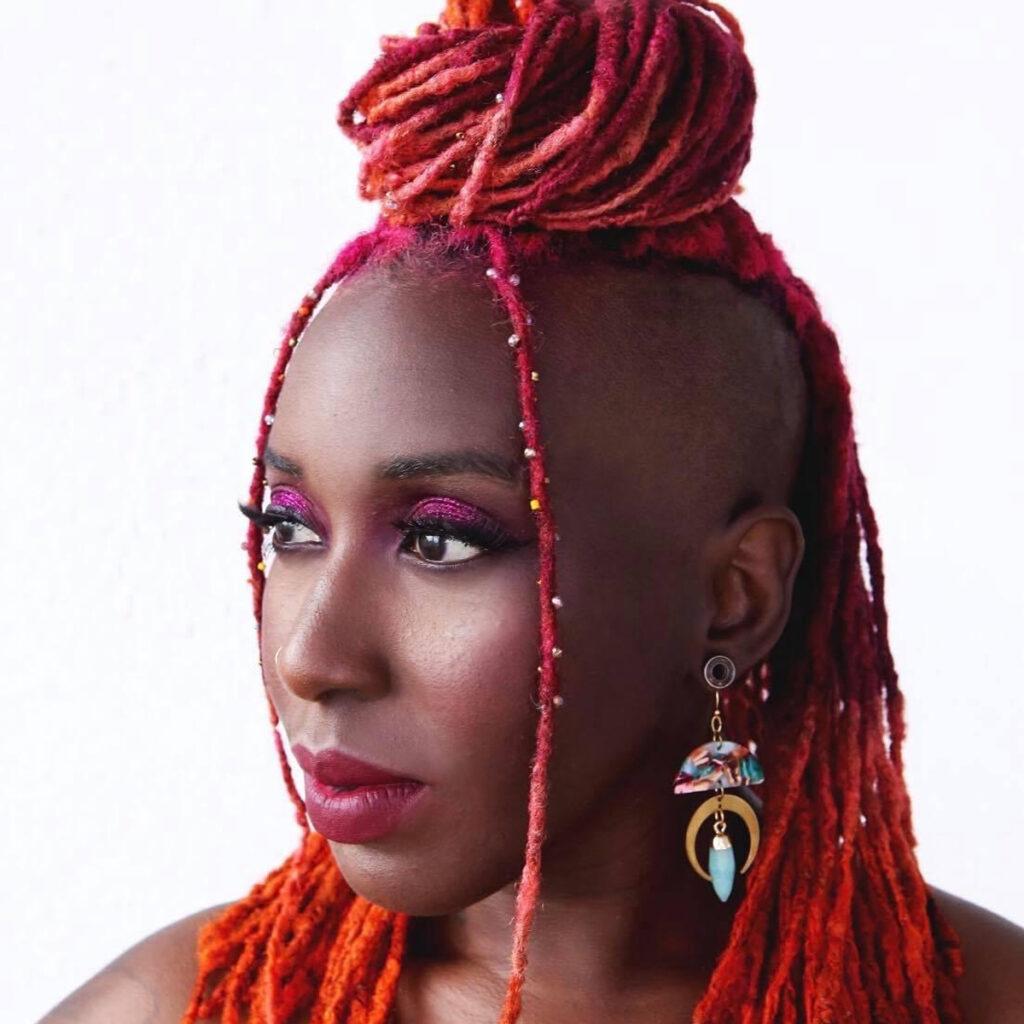
At the Mahalia Jackson Theater for the Performing Arts
The Ranney and Emel Songu Mize Chamber Opera Series
Friday, November 10, 2023
6:30 PM Pre-Opera Party
6:30 PM Nuts and Bolts Lecture
7:30 PM Performance
Sunday, November 12, 2023
1:30 PM Pre-Opera Party
1:30 PM Nuts and Bolts Lecture
2:30 PM Performance
Join us for a post-show talkback immediately following the performances.
The Creative Team and Cast
Composer – Jeanine Tesori
Librettist – Tazewell Thompson
Conductor – Michael Ellis Ingram
The Jerry W. Zachary and Henry Bernstein Maestro Chair
Stage Director – Timothy Douglas
Scenic Designer – Tony Cisek
Costume Designer – Kara Harmon
Lighting Designer – Peter Maradudin
Wig and Makeup Designer – Phoenix Rose
Featuring
The Mother – Krysty Swann
The Father – Cory McGee
The Son – Jonathan Pierce Rhodes
The Reverend – Gordon Hawkins
Girlfriend 1 & Nurse – Chabrelle D. Williams
Girlfriend 2 – Kourtney J. Holmes
Girlfriend 3 – Kendra Faith Beasley
Policeman 1 – Tyrone Chambers II
Policeman 2 – Mark-Anthony Thomas
Policeman 3 – Ivan Griffin
With the Louisiana Philharmonic Orchestra
Sets Built by: New orleans opera, The H. Lloyd Hawkins Scenic Studio
Running Time: 2:15 Hours plus one 20-minute intermission
Stage Director, Timothy Douglas, on Blue
Meet the Cast
Shades of Blue
Voted Music Critics Association of North America’s “Best New Opera” of 2020
Meet the Award-Winning Team Behind the Opera
LIBRETTIST TAZEWELL THOMPSON & COMPOSER JEANINE TESORI
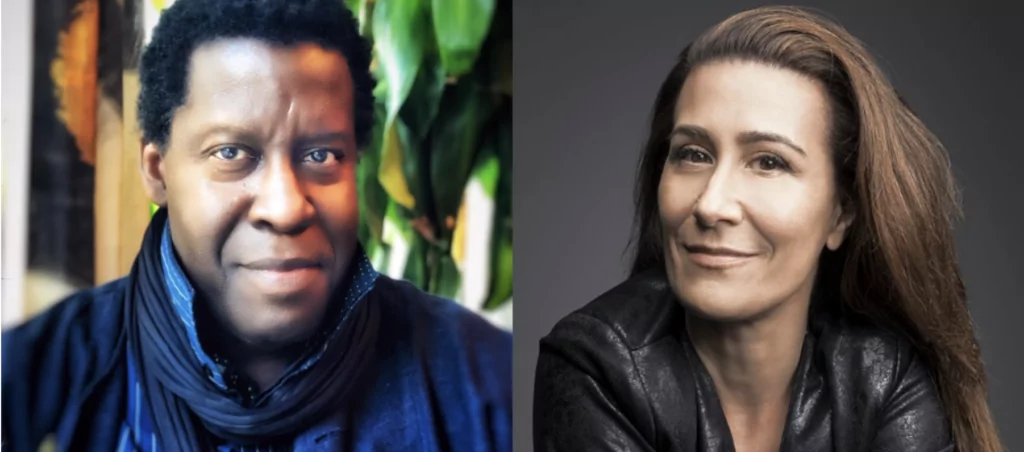
Tazewell Thompson has 150+ directing credits, spanning 30 premieres worldwide in prominent venues across the USA, France, Spain, Italy, Africa, Japan, and Canada. His acclaimed play “Constant Star” achieved 16 national productions, earning 9 Barrymore Awards, 5 NAACP Awards, and 3 Carbonell Awards. (Read More)
Jeanine Tesori is a Broadway legend. Her major works include Kimberly Akimbo; Fun Home; Caroline, or Change; Shrek The Musical; Thoroughly Modern Millie; and Violet. Grounded, a new opera from composer Tesori, will have its world premiere at Washington National Opera later this month. (Read More)
Content Advisory: This opera delves into challenging themes related to racial injustices and includes an off-stage death resulting from police violence. It also includes profanity, the use of racial slurs, and other hate speech. As such, it may not be suitable for children under 14 years of age.
Did you know…
This work was a particularly deep, conversational collaboration between composer and librettist. Composer Janine Tesori notes that in her compositions, “The text always leads.” But even more so in this case: as a Black librettist with lived experience of the characters depicted in this opera, Tazewell Thompson’s words are the framework and backbone of this work. Tesori says, “I’m visiting in this landscape as a white artist. […] The poetry in Blue comes from Tazewell’s heart.” [Source: Seattle Opera interview, 2022]
Summary
A loving Black couple anticipates the arrival of their first child. While pregnant, The Mother –a restaurant owner– commiserates with her female friends about their hopes and fears for the baby boy. After their son arrives, The Father, a police officer, is warmly congratulated by his fellow officers over drinks.
Sixteen years later, The Son is now a young artist and activist, and clashes with his father – finding himself at odds with his parent’s role as a cop. Despite their tensely divergent views on policing and protesting, The Father affirms his love and support for The Son.
After The Son is killed by a police officer at a protest, The Father seeks counsel from a Reverend, but chafes at the suggestion that he must forgive this injustice. The Mother grieves with her friends, mourning the loss of her child and the other Black boys who have been slain at the hands of police. The congregants find solace at the funeral.
We end on a note of remembrance as The Mother, The Father, and The Son gather at the dinner table in a poignant memory of familial tenderness.
Synopsis
ACT 1
The Mother, a Harlem restaurateur, gathers with three Girlfriends in her home. She is pregnant, and reveals to the women that she is expecting a boy. They congratulate her even as they commiserate over the fears of a Black mother bringing a boy into this world. The Mother expresses her rapturous love for her husband, and her hopes for her child, and her friends join in offering their blessings and good wishes for the baby.
In the hospital, a Nurse energetically offers the new parents advice for their son. Afterwards, The Father, a police officer, gathers with his coworkers for drinks at the bar. His fellow officers joke together, toasting him on becoming a dad, offering advice and congratulations with warm camaraderie.
Time flashes forward, and The Son is now a thoughtful and rebellious teenager with strong views on his own independence, and on societal injustice. A student, artist, and activist, The Son participates in protests and stands up for his views. A tense argument unfolds as The Son offers his indictment and scorn over The Father’s role as a cop upholding –in The Son’s view– the oppressive status quo. Despite their heated disagreement, The Father affirms his protective love and support for the teen, and the scene ends with their embrace.
Musical highlights:
- In an interview with Seattle Opera, composer Tesori points to the musical theme during the moment when The Nurse instructs The Father on how to hold The Son. She points out the recurrence of this musical theme during the end of the opera, where The Mother instructs God (the Heavenly Father) on how to hold The Son in His care.
ACT 2
In an incident that is not depicted on stage, The Son has been shot and killed during a protest, by a police officer. The Father meets with The Reverend. The Reverend attempts to guide The Father through his rage and immense hurt, but The Father responds with a newfound cynicism of these efforts to soothe the pain, bringing into question the function of religion in this acute moment of loss. In a reversal of roles from the father-son scene in the first act, it is now The Father who rebels and rages against the wisdom and institutional role of an authority figure (in the form of The Reverend). The Father’s anguish does not find relief through this conversation.
The Mother once again gathers with her Girlfriends, in another inversion of an earlier scene. This time, the women lament the loss of The Son, and recount too many other cases of police brutality against Black youth. The Girlfriends offer their support to the bereft Mother as she breaks down, and prepares to lay The Son to rest.
The Congregants gather to mark the funeral of The Son and mourn together in a profound moment of community.
In a closing vignette, The Father, The Mother, and The Son gather together at the dinner table. This implied flashback hearkens to a happier moment where The Mother has prepared a conciliatory meal of chicken, plus plentiful greens for her vegan son. The family joins together lovingly as The Son shares his artistic ambitions and his plans to attend one more peaceful protest.
Musical Highlights:
- “Somebody, oh somebody” – the climactic ensemble piece during the funeral, drawing upon references to Black spirituals.
- Tesori points particularly to the musical theme that occurs when The Father gives his badge to The Reverend, saying “I lay my burden down. I ain’t going to study war no more”; marking this as a particularly meaningful musical motif.
Interesting Facts
- Tazewell Thompson originally conceived of The Father as a jazz musician (like Thompson’s own father), but acquiesced to the composer’s suggestion that The Father instead be a police officer, leaning into the poignance of this choice.
- The primary characters are unnamed – simply The Mother, The Father, and The Son – allowing for the audience to understand the universality of their story, and particularly to highlight the commonality of this experience for the many Black families who have suffered such a tragic loss.
- Following its premiere, the opera was named the Best New Opera in 2020 by the Music Critics Association of North America.
- Blue is Jeanine Tesori’s third opera, as she is primarily known as a revered musical theater composer. Renowned playwright Tazewell Thompson, although a frequent director of opera, wrote his first-ever opera libretto for Blue.
Student Study Guide
Coming Soon
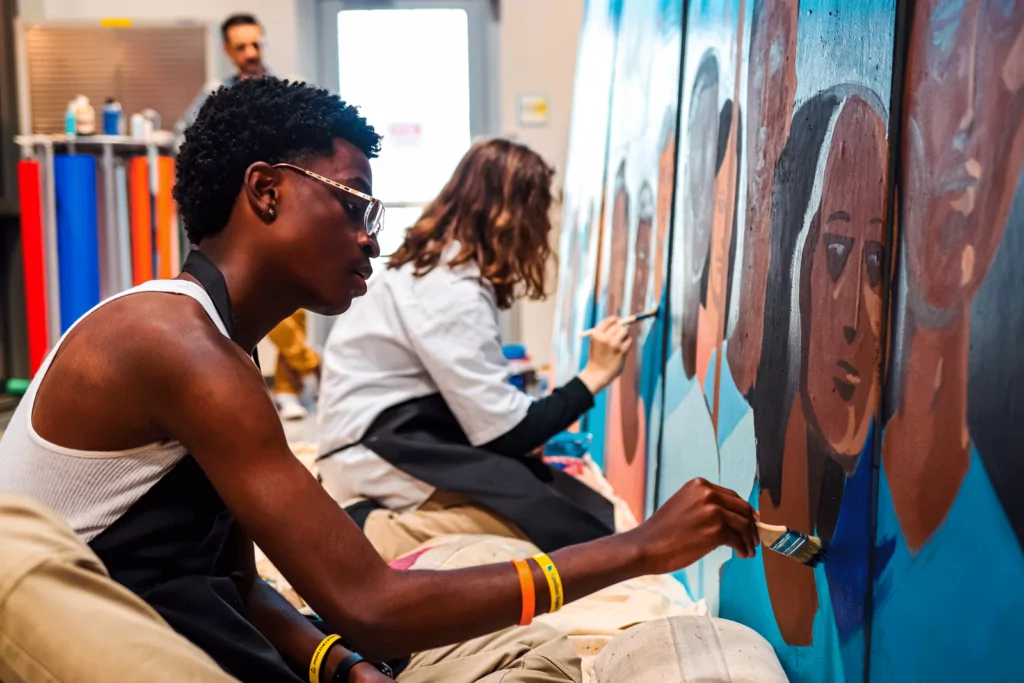
Shades of Blue.
A mural for Blue was created by the advanced art students in grades 10 & 11 from Young Audiences Charter School, as taught by Roan Smith. To complete the mural, they studied the plot and characters of the opera, as well as the art of Harlem Renaissance artist Charles Alston. The students wanted to depict the event at the center of the opera, as well as the main characters. After a couple of classes researching and conceptualizing, the students settled on a composition that uses a loose recreation of Charles Alston’s painting titled “Walking” in the foreground to double as a peaceful protest. The background was inspired by Charles Alston’s cubist Cityscapes of Harlem. The students then designed the Main Characters of the opera to be depicted on the protest signs in that same style. The art students from Young Audiences are very proud to share their work titled, Shades of Blue, with the community.
Meet the Cast and Creative Team

The production of Blue received funding from OPERA America’s Next Stage program, which were funded with gifts from OPERA America’s 50th Anniversary Campaign, including a leadership gift from Frayda B. Lindemann. Supplemental support for revisions was generously provided by the Mellon Foundation.



